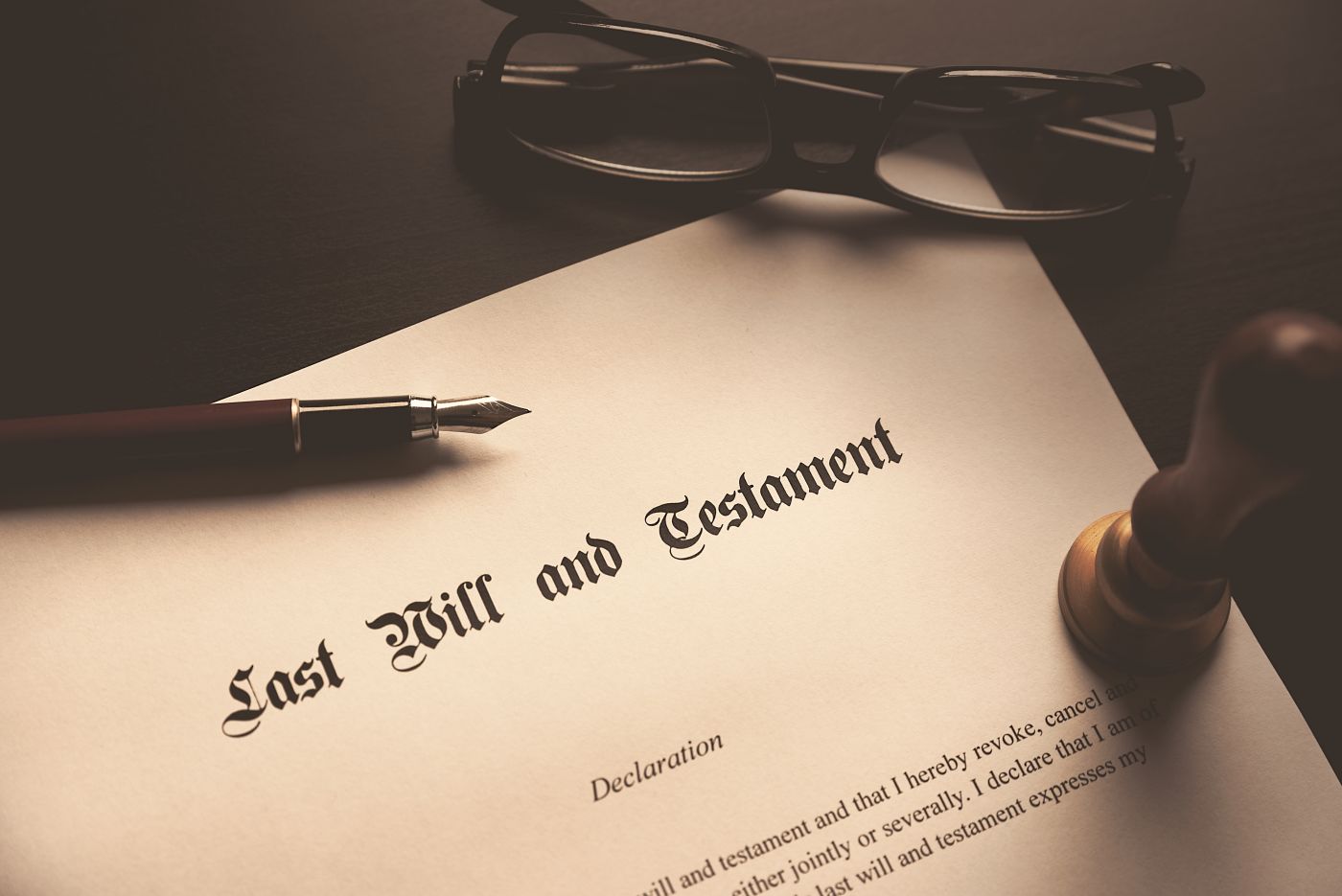If you want to provide for your grandchildren, and generations beyond that, a dynasty trust could be the answer. A dynasty trust is an irrevocable trust that offers many benefits, including tax minimization and asset protection. Unlike other trusts that end with outright distributions, a dynasty trust can span over two or more generations.
BLOG
Categories
Can Separate Trusts Be Combined?
When incorporating a revocable living trust into an estate plan, spouses have the option to create either a single joint trust or two separate individual trusts. Oftentimes both trusts will have the same trustee (usually the couple’s child). So, the question becomes, will the work of two trusts become too much for the trustee to manage?
What is a Blind Trust?
A blind trust can be used during your lifetime and is a great fit for those that have privacy concerns and want to prevent future conflicts of interest. Blind trusts can be an effective tool for complying with laws that prohibit insider activities. Anonymity is another common use for a blind trust. Lottery winners often use them for this purpose.
What If I Can’t Find a Beneficiary?
As an executor or trustee, your job is to distribute your deceased loved one’s money and property according to the terms of their will or trust. Sometimes, beneficiaries are difficult to find. This might be due to family conflict, or simply losing touch. What should you, as the fiduciary, do if you can’t locate the beneficiary of a will or trust?
3 Tips for Overwhelmed Executors
Being an executor demands foresight, organization, and attention to detail to make sure all beneficiaries get what they're supposed to. If you're feeling the weight of this task, here are some tips to help ease the burden.
What Makes a Trust the Best Choice to Avoid Probate
When a family member passes away, the last thing you want to be dealing with is paperwork. In an ideal situation, the legal concerns are so well handled in advance that you can grieve in peace. Setting up a revocable living trust is often the best option to avoid probate. Let's explore why that is.
Why You Should Avoid Probate in Ohio
Having a will is a helpful first step in basic preparation. But it does not prevent probate. A will simply allows you to communicate your wishes to the probate court. Your loved ones still must go through the probate process to legally enforce your wishes.
5 Things to Consider Before Accepting An Inheritance
You might not want to reject your inheritance out of respect for the individual who left you their assets in a will or trust. On the other hand, an inheritance may create unforeseen logistical or financial problems. Problems that you are unable—or unwilling—to shoulder.
What is a Nongrantor Trust?
Every trust has at least one grantor, also known as the trustmaker. This is the person who creates the trust. So, the terms grantor trust and nongrantor trust can get confusing. Its helpful to understand that neither of these terms refer to the existence or nonexistence of the trustmaker. Instead, these terms have to do with the trust’s income tax liability.
Make Sure Your Estate Plan Includes These Important Points
If you are among the minority of US adults who have prepared a will, living trust, advance directives, and other end-of-life documents, you may think that your estate plan is finished. But you may want to reconsider. An estate plan is a living set of documents meant to be regularly reviewed and updated as life changes happen.









